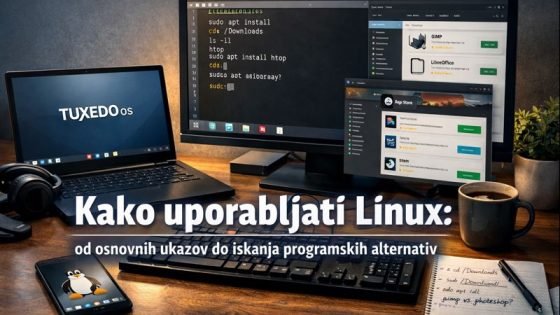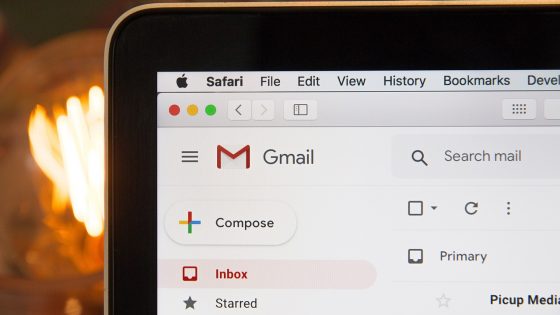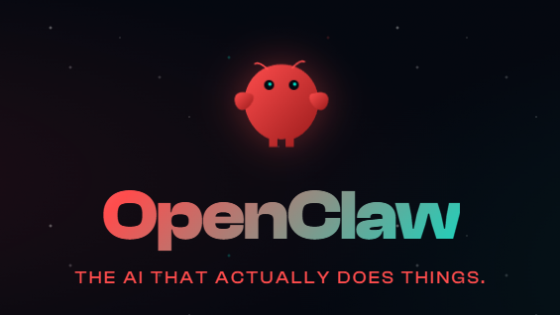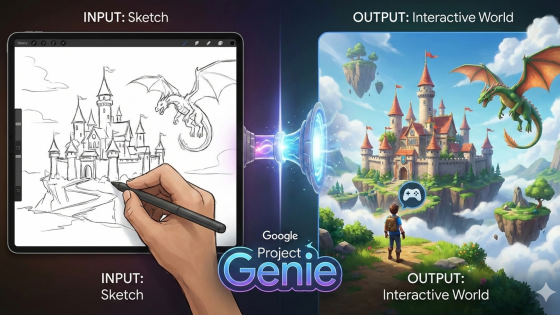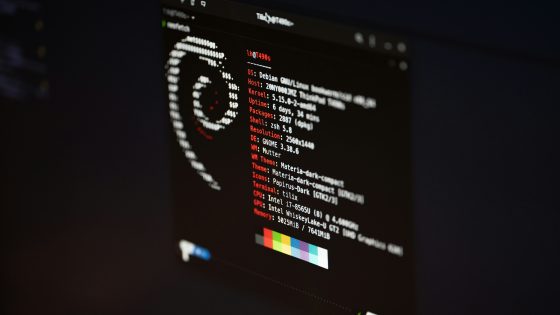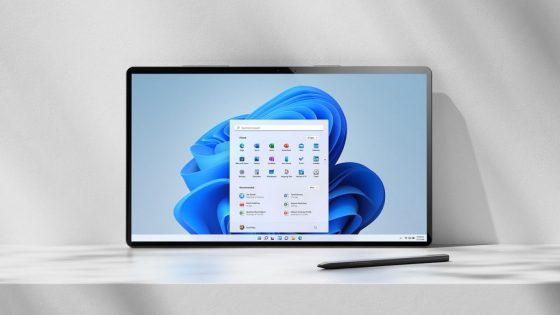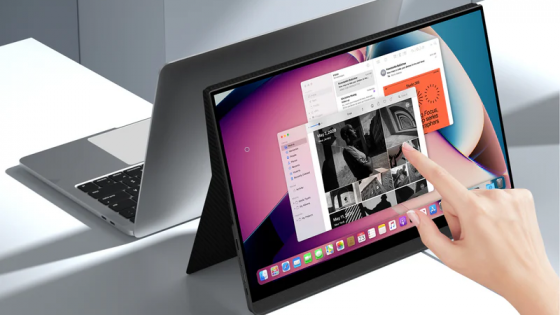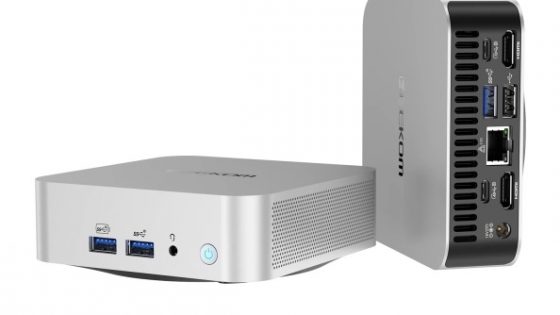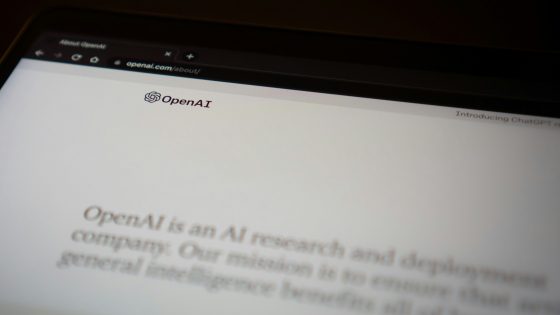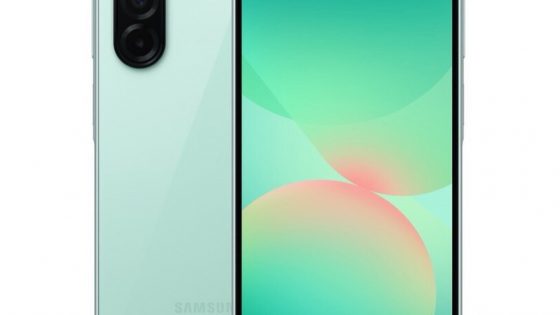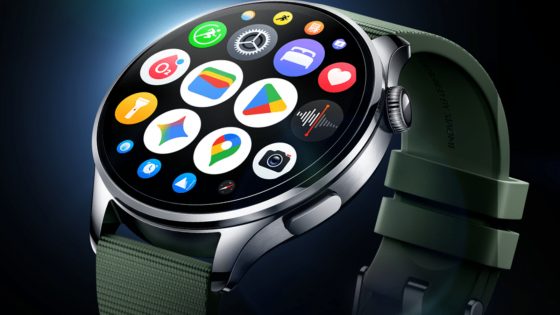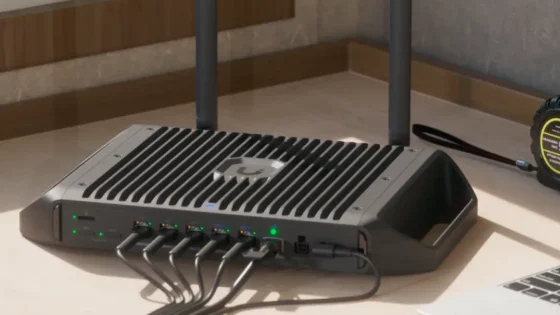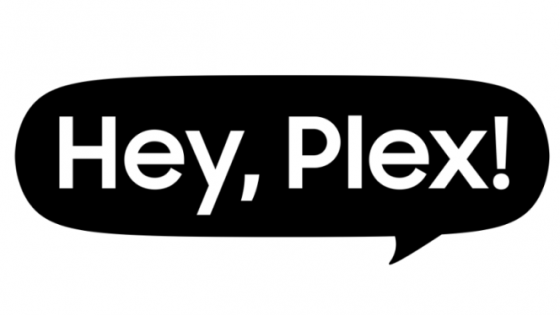Are music festival apps still useful?

In the years around 2010, independent festival applications contributed to the technological modernization of music festivals. Over the next decade, events took advantage of smartphones in a variety of ways, and customized apps were a welcome replacement for expensive and environmentally unfriendly printed guides.
Leading festival app providers, including Appmiral, Greencopper and Aloompa, brought ready-made iOS and Android apps to market using intuitive and familiar templates wrapped in the festival's unique branding. Their original goal was to create a single source of information about everything festival-goers need to know about the venue. Over time, they acquired data, introduced notifications, and added various features to provide added value to users.
In 2023, we wonder if interest in festival apps has waned? In the article, read the advantages and disadvantages of music festival applications and decide for yourself whether it is worth investing in them and using them.
Let's start with the weaknesses...
Application development and maintenance can be expensive
The cost of building a festival app is high, but the savings in printed materials can partially offset these costs. In addition, there are ways to monetize apps that can bring in fairly high revenue. Nevertheless, the costs of content creation and regular maintenance of the application must also be taken into account.
It's hard to get people to download an app
Reports show that the average number of apps people download each month is close to zero. Still, festivals pay to update and refresh their apps every year, which are only used for a few days and then maybe deleted after the festival is over.
With the rise of communication apps like WhatsApp and Facebook Messenger (the second and third most downloaded apps), there could be an opportunity to develop on existing platforms, removing the barrier of downloading yet another app.
Mobile data is required for key app features
In most cases, festival apps work without problems without a mobile signal, but their main advantage is fast updates. A poor mobile signal at festivals can hinder the transmission of updates at the venue. Some festivals are investing in infrastructure to improve the mobile signal, which would solve this problem.
Festival apps very often have a limited “lifespan”
Festivals have to put in a lot of initial effort to reach the level of a quality festival app. They invest time, money and work in development and maintenance. The reality is that most visitors delete the app after the festival is over.
This may be due to the obvious functionality of the app, or fans are not fully aware of everything the apps have to offer. In the future, festival apps could serve an extended purpose, meaning that they would be used for longer than just those three or four days of the festival.
What about the advantages?
Dynamic maps, timelines, etc.
The festival app primarily focuses on the schedule and map. The schedule shows in detail who is performing and when, and the map shows the venues. This information is crucial, especially for larger festivals with multiple stages. App users often capture a screenshot of the schedule and use it as the wallpaper on their phone, as it's usually simple, transparent, and has little impact on battery life. Newer festival apps, like 2019's Coachella, offer even more features like instantly seeing the new lineup, customizing your schedule, and getting notifications about your favorite artists.
Coachella's mobile website allows you to view the lineup, information about activities and food, while the mobile application allows even more, and above all, that certain things can be arranged before and during the event. App functionalities include wristband activation, live notifications, lost item searches and on-site food ordering. A big advantage of the application is the quick update of the schedule, as things often change at festivals.
Notifications, communication
With the help of a festival app, push notifications can serve as an additional marketing channel to reach visitors. Properly set and planned notifications are a great way to engage your audience. Examples of these notifications include schedule changes, upcoming performances by your favorite artists, daily performance schedules, exclusive content, and post-event surveys.
Data collection and processing
Festival applications allow organizers to obtain valuable data about their audience. For example, Appmiral offers a real-time app analytics dashboard. Parameters such as promotional campaigns, usage, people's involvement and more can be monitored.
Augmented reality
There is a growing interest in the technology world for augmented reality (AR), which allows images to be superimposed onto a user's view of the real world, enriching it with sound, touch, and even smell. In this way, AR blurs the lines between reality and fantasy. Some festival apps already offer a fun and completely new way to interact with the environment.
For example, in 2019, the Pukkelpop festival in Leopoldsburg, Belgium offered a unique AR experience through its app, which was supported by Appmiral.
Temperature maps
Festival “heatmaps” help organizers understand real-time mobile location data, allowing them to improve on-site marketing opportunities and increase audience safety.
For example, Appmiral’s app technology integrates with Crowd Connected software called Colocator. This technology offers organizers a whole new way to communicate with their audience through location-based messaging. An example of using location-based messaging is if queues are getting longer in a certain area, fans are notified via push notification where the wait times are shorter.
Ordering food and drinks
For some time now, modern festival apps have made it possible to quickly and easily order food, drinks and other products at the venue with just a few clicks. For example, Aloompa's LiveOrder solution is a fully integrated festival solution that allows you to sell virtually anything, before, during and after the festival.
This in-app ordering functionality brings benefits that go beyond festival organizers. It makes it easier for festivalgoers to relax and unwind at the festival by ordering everything they need directly in the app and avoiding long lines for food and tickets.
A great example of in-app ordering is the BottleRock 2019 festival app (developed by Greencopper). It works like this: festival-goers choose their location, order food and drinks, and pick up their order at a location and time that suits them best, reducing long lines and increasing revenue for the organizers.
Additional opportunities to monetize festivals
For example, Aloompa's LiveOrder functionality supports all types of products, including digital, physical or experimental, enabling new potential revenue streams that would otherwise not be available. Festivals can therefore take advantage of in-app ordering as a way to further monetize by selling more products, offering VIP upgrades at the venue and sponsorship opportunities.
Sponsorship opportunities, such as those supported by Appmiral, allow sponsor brands to reach audiences during their presence at the venue. Festival organizers can extract more value from existing sponsorship deals by expanding brand activation points in the app. They can also offer new partnership opportunities, such as exclusive sponsorship of the entire app with their own brand.
So, are festival apps still useful?
In short, yes. But only if they are developed correctly. There is no doubt that festival apps are useful for both festival organizers and visitors. They save a lot of money on printed guides and reduce waste, something all festivals should consider.
As an organizer, if you are considering an app for your festival, make sure you work with experienced professionals from companies like Appmiral, Aloompa and Greencopper. The key is that the app enhances the visitor experience and enables the generation of additional revenue beyond ticket sales.
Although the functionalities are still evolving and their value is constantly changing from year to year, these types of applications would really come into their own when they are no longer seen as something we only use once at an event, but provide added value all year round.



